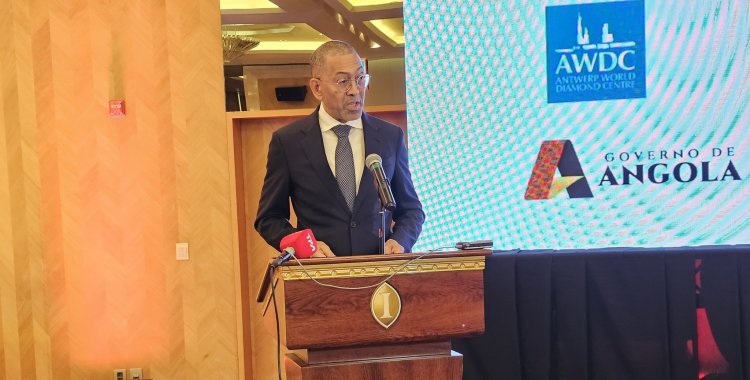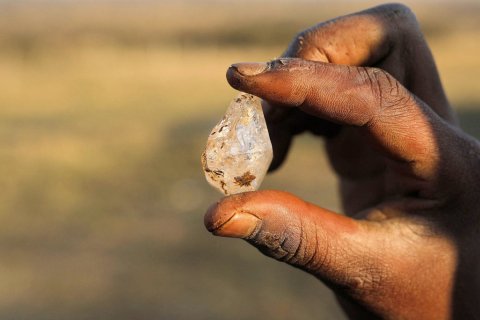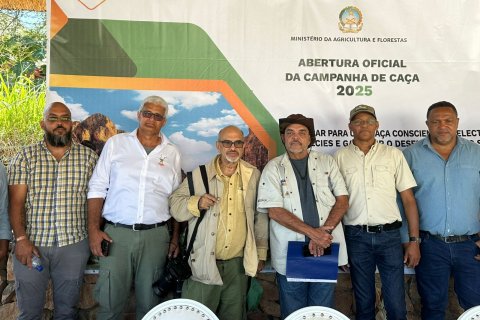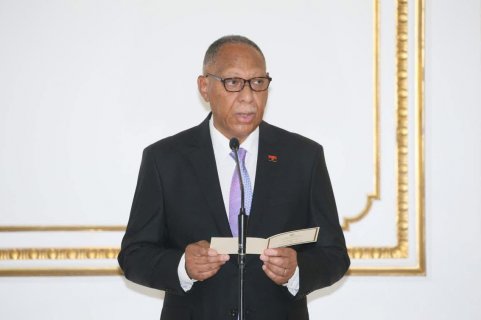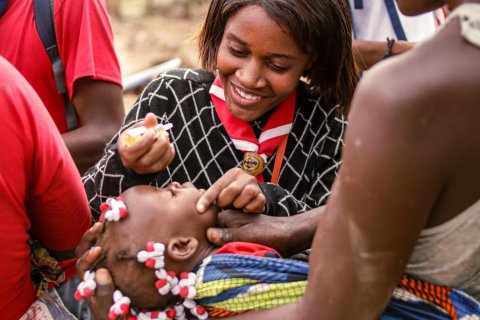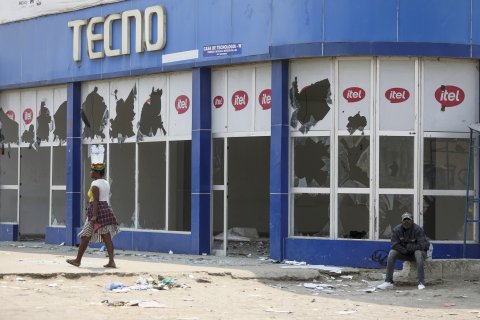"The time has come for African diamond-producing countries to speak with one voice to defend what rightfully belongs to them and shape a global narrative that reflects our truth and our immense potential. This is not just a matter of the market, it is a matter of economic justice and cultural dignity," said Diamantino Azevedo, Minister of Mineral Resources, Oil and Gas.
For the minister, who was speaking in Luanda at the opening of a "Ministerial Roundtable on Natural Diamonds: Challenges and Opportunities", when consumers choose to buy natural diamonds they should do so with the awareness that they are supporting a true human transformation, funding classrooms, hospitals and dreams across Africa.
"May this day not be remembered simply as a forum for the exchange of ideas, but as a crucial moment in which partnerships are strengthened and a common purpose is reaffirmed," said Diamantino Azevedo.
At the meeting, which brought together the ministers of mineral resources from Botswana, South Africa, Namibia, the Democratic Republic of Congo (DRC) and the host country, the minister invited those present to devise together a "shared strategy, based on unity and collective aspiration, to safeguard the future of the natural diamond industry and ensure Africa's leadership position".
He said that synthetic alternatives, particularly lab-grown diamonds, "have been gaining ground", especially in markets such as the United States and China, noting that concerns about ethical sourcing, trade restrictions and fragmented messaging "continue to challenge the African industry".
Africa is responsible for more than 65 percent of the world's rough diamond production. From Angola to Botswana, via South Africa, Namibia, the Democratic Republic of Congo and Sierra Leone, the African continent "is the beating heart of the global diamond trade", the minister said.
According to Diamantino Azevedo, African leaders meeting in Luanda must commit to harmonizing regional policies, creating fairer markets and promoting shared prosperity in Africa, as well as promoting innovation and traceability to ensure ethical origins.
In Angola, diamonds have contributed significantly to national reconstruction, financing schools, hospitals, roads and water supply systems. In 2024, the country produced more than 14 million carats and the authorities are investing in valorization, traceability, transparency and good governance, concluded the leader.

